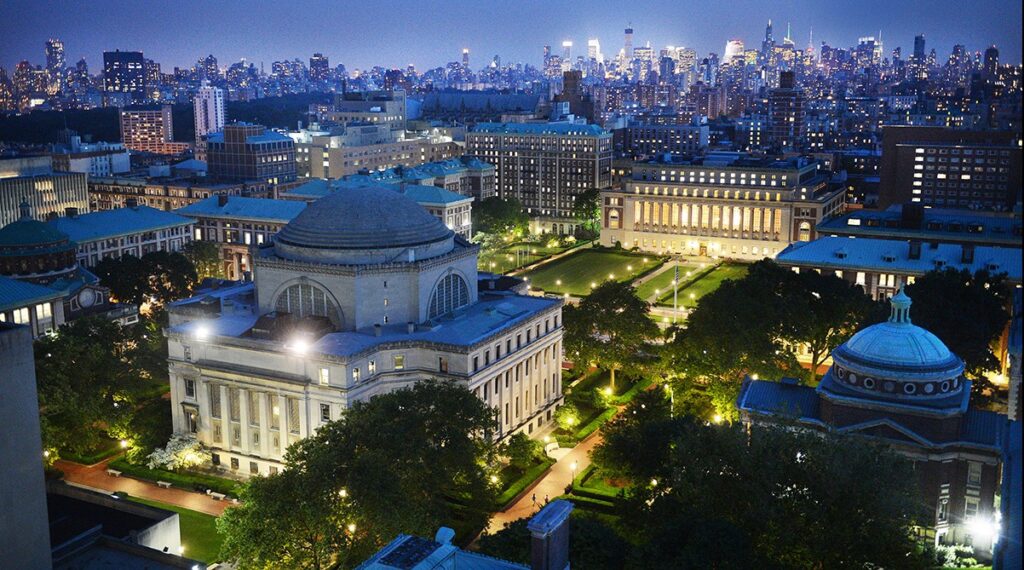On Tuesday, the U.S. Supreme Court declined to take up a free speech case brought by a Massachusetts middle school student who was barred from wearing a T-shirt with the slogan “There are only two genders.”
According to NBC News, the case stemmed from a 2023 incident involving Liam Morrison, then a seventh-grade student at Nichols Middle School in Middleborough, Massachusetts. Morrison wore the shirt to express his disagreement with what he and his lawyers described as widespread messaging at the school promoting the idea that “sex and gender are self-defined” and not rooted in biology.
School officials instructed Morrison to remove the shirt, citing the student dress code, which prohibits speech or imagery considered hateful or disruptive. Morrison refused and was sent home but was not formally punished. He later wore a second shirt with the message “There are [censored] genders,” which also drew administrative action.
Morrison, represented by the conservative Christian legal group Alliance Defending Freedom, argued that the school’s actions violated his First Amendment rights. Attorneys for Morrison said the school was selectively suppressing speech that did not align with a specific ideological view.
The 1st U.S. Circuit Court of Appeals upheld the school’s decision, ruling that public schools may restrict “passive and silently expressed messages” that are perceived as demeaning—even if the messages do not explicitly target an individual. A federal district court judge had previously reached the same conclusion.
The Supreme Court declined to review the lower court’s ruling, letting the decision stand. Justices Clarence Thomas and Samuel Alito dissented.
“This case presents an issue of great importance for our nation’s youth,” Alito wrote. “Whether public schools may suppress student speech either because it expresses a viewpoint that the school disfavors or because of vague concerns about the likely effect of the speech on the school atmosphere or on students who find the speech offensive.”
The dispute echoes legal debates over how far schools can go in regulating student expression under the First Amendment, a principle first recognized in the Supreme Court’s 1969 Tinker v. Des Moines ruling, which protected students’ rights to wear black armbands in protest of the Vietnam War.
The case arrives as the court also weighs a separate dispute out of Maryland, in which parents are seeking the right to opt their children out of classroom readings that include LGBT themes.



